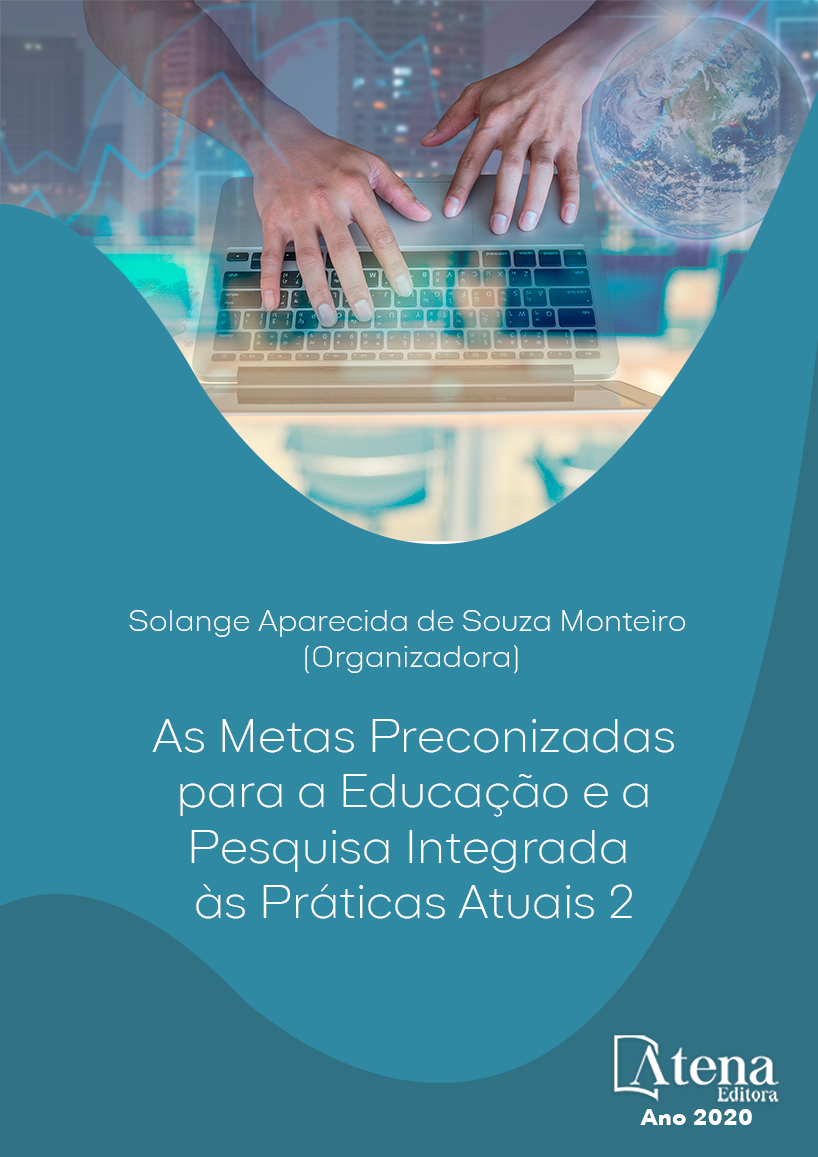
ENSINO DA MÚSICA NA ESCOLA REGULAR À LUZ DA PEDAGOGIA HISTÓRICO-CRÍTICA
A Música chega às escolas brasileiras em 1838 com práticas pedagógicas advindas da igreja e dos imigrantes europeus. O ensino da Música no país, no que se refere à Educação Musical escolar, tem seu percurso ora como componente curricular, ora como integrante do contexto educacional artístico, permanecendo no currículo até as décadas de 1960 e 1970. Posteriormente, passa a integrar a disciplina de Educação Artística e décadas mais tarde, à disciplina de Arte. Em 2008, foi sancionada a Lei n.11.769, que estabelece a obrigatoriedade do ensino da Música nas escolas de Educação Básica, a partir de 2011. Promulgada há dez anos, até hoje não se tornou realidade no país. Sob o enfoque da Pedagogia Histórico-Crítica, analisa-se o lugar do ensino da Música que, hegemonicamente, tem sido apenas parte de uma das linguagens artísticas da disciplina de Arte, retirando-a, portanto, do lugar da especificidade dessa área do saber, evidenciando o valor da socialização do que de melhor há nos conhecimentos produzidos pela humanidade. Sob o prisma dessa perspectiva teórica, a partir de revisão bibliográfica e aprofundamento em obras de autores desse referencial teórico, colocamos em evidência o direito de todos os alunos ao acesso aos processos de elaboração da ciência, da filosofia e da arte como parte integrante do currículo escolar. Como construção coletiva, esta pedagogia é assumida como resposta revolucionária, que permite, se empenha e é organizada com o objetivo de que o domínio do saber sistematizado seja para todos e que a Música inclua todos os alunos de forma a se beneficiarem dos conhecimentos dessa esfera cultural, uma disciplina que seja presente no currículo das escolas públicas do país. Mas não qualquer ensino e nem com qualquer formação docente.
ENSINO DA MÚSICA NA ESCOLA REGULAR À LUZ DA PEDAGOGIA HISTÓRICO-CRÍTICA
-
DOI: 10.22533/at.ed.90420130420
-
Palavras-chave: Educação Musical. Pedagogia Histórico-crítica. Currículo. Educação para todos. Formação Docente.
-
Keywords: Musical education. Historical-Critical Pedagogy. Curriculum. Education for all. Teacher Training
-
Abstract:
Music arrived in Brazilian schools in 1838 with pedagogical practices coming from the church and European immigrants. The teaching of music in the country, with regard to school musical education, has its course sometimes as a curricular component, sometimes as part of the artistic educational context, remaining in the curriculum until the 1960s and 1970s. Later, it becomes part of the discipline. Arts Education and decades later, to the Art discipline. In 2008, Law No. 11,769 was approved, which establishes the compulsory teaching of music in elementary schools, from 2011. Promulgated ten years ago, until today it has not become a reality in the country. From the perspective of Historical-Critical Pedagogy, we analyze the place of the teaching of Music that, hegemonically, has only been part of one of the artistic languages of the Art discipline, thus removing it from the specificity of this area of knowledge. , highlighting the value of socialization of the best in the knowledge produced by humanity. From the perspective of this theoretical perspective, from the literature review and deepening in works by authors of this theoretical framework, we highlight the right of all students to access the processes of elaboration of science, philosophy and art as an integral part of the curriculum. school As a collective construction, this pedagogy is assumed as a revolutionary response, which allows, strives and is organized with the goal that the domain of systematized knowledge is for everyone and that music includes all students in order to benefit from the knowledge of this sphere. cultural, a discipline that is present in the curriculum of public schools in the country. But not any teaching nor with any teacher training.
-
Número de páginas: 16
- Anna Maria Lunardi Padilha
- Karla Cremonez Gambarotto Vieira


